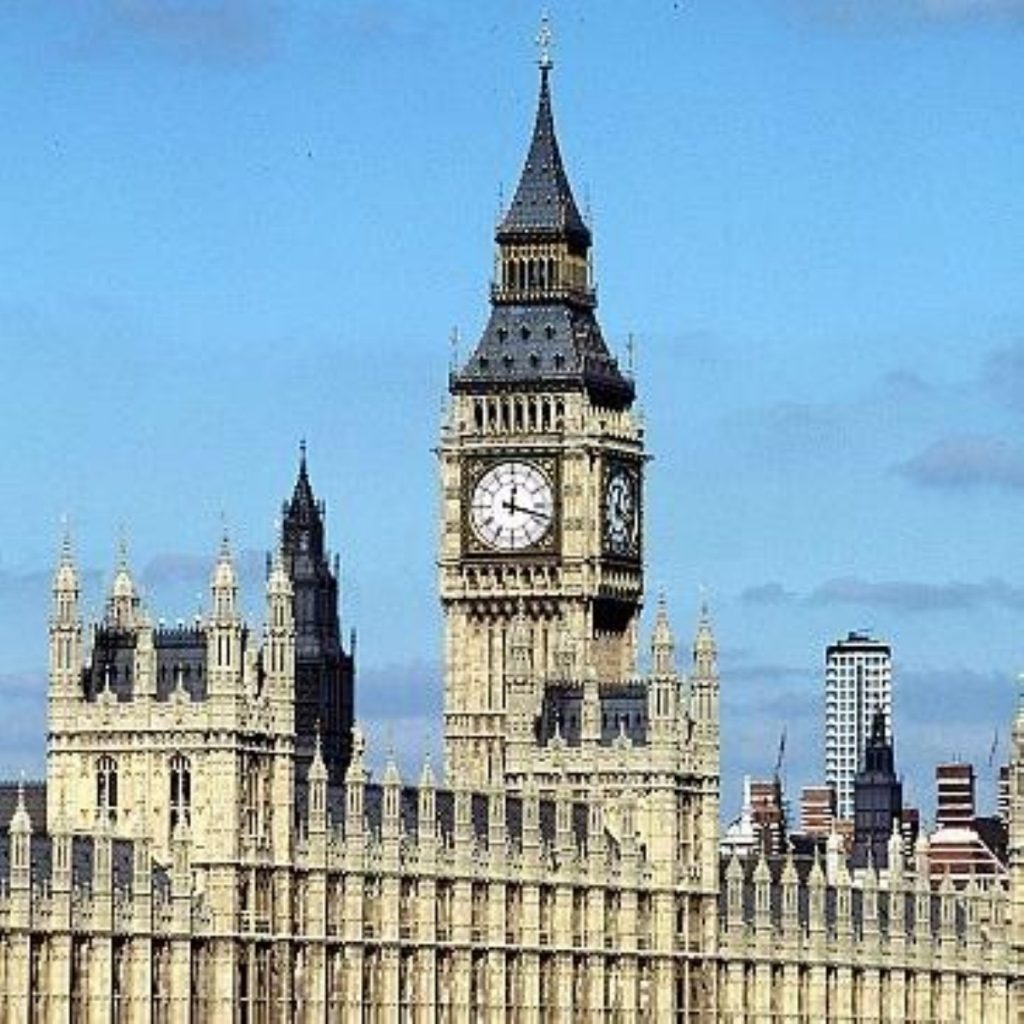Parliament at war over attorney general controversy
MPs and peers on the same committee are issuing briefings against each other today over reforms to the role of the attorney general, with a cross party group of rebels saying their colleagues are “letting the government off the hook”.
The joint select committee charged with monitoring the government’s efforts at constitutional renewal are split by six members to 11 on calls to separate the attorney general’s political and legal roles.
In an angry broadside against the colleagues he sits with during the committee’s sessions, Lord Tyler said: “Other members of the joint committee may be prepared to stand by while the government prevents essential separation of powers in the British constitution.
“But we are determined that two unanimous reports of Commons select committees – each with a government majority – should not be ignored when parliament examines this legislation.”


The split is particularly interesting given the two sides seem to bear little relation to party allegiance. Lord Tyler is being endorsed by fellow Lib Dem Lord Maclennan, but also by Labour peer Lord Morgan and Tory MPs Christopher Chope, Andrew Tyrie and Sir George Young
They argue the government is ducking efforts to clean up the highly contentious role of attorney general once and for all and are calling for several changes.
They want the posts legal and political functions to be fully separated, the publication of the attorney general’s legal advice when it is being used in support of a political case being put forward by the government, a bar on the attorney general sitting in either house of parliament, the exclusion of the attorney general from Cabinet meetings unless legal advice is required and an end to the system whereby the attorney general helps formulate criminal justice policy.
But the majority report from the select committee, backed by 11 of its members, reads: “On balance, the committee was not persuaded of the case for separating the attorney general’s legal and political functions: the Attorney should retain these two roles.”
Lord Tyler said the committee was letting the government off the hook.
“Gordon Brown’s ambition to reinvigorate our democracy will never be realised by the ragbag of retreats embodied in his constitutional renewal bill,” he said.
“In particular, this bill will fail to rekindle public confidence in the sullied office of attorney general since it ducks the opportunity to separate her legal and political functions.”
The role of attorney general is currently occupied by Baroness Scotland, but it came under greatest criticism during Lord Goldsmith’s time. He provided the Blair government with legal advice about the Iraq war which was later found to have been rewritten and treated with a mixture of contempt and disdain by legal experts.
Further controversy followed when Lord Goldsmith effectively cancelled a Serious Fraud Office (SFO) investigation into corruption in an arms deal between BAE and the Saudi government on the grounds of national security.
The Liberal Democrat’s Justice spokesperson, David Howarth, stood firmly on the side of the minority report.
“The majority report is very disappointing and is more reactionary than the government,” he said.
“However, I agree with the view of the minority that there should be a separation of the attorney general’s legal and political functions.”
Yesterday’s majority report was not wholly supportive of the government. Among other concerns, the committee said plans to give parliament a vote on going to war needed to be subjected to greater scrutiny to ensure it genuinely would empower parliament.









